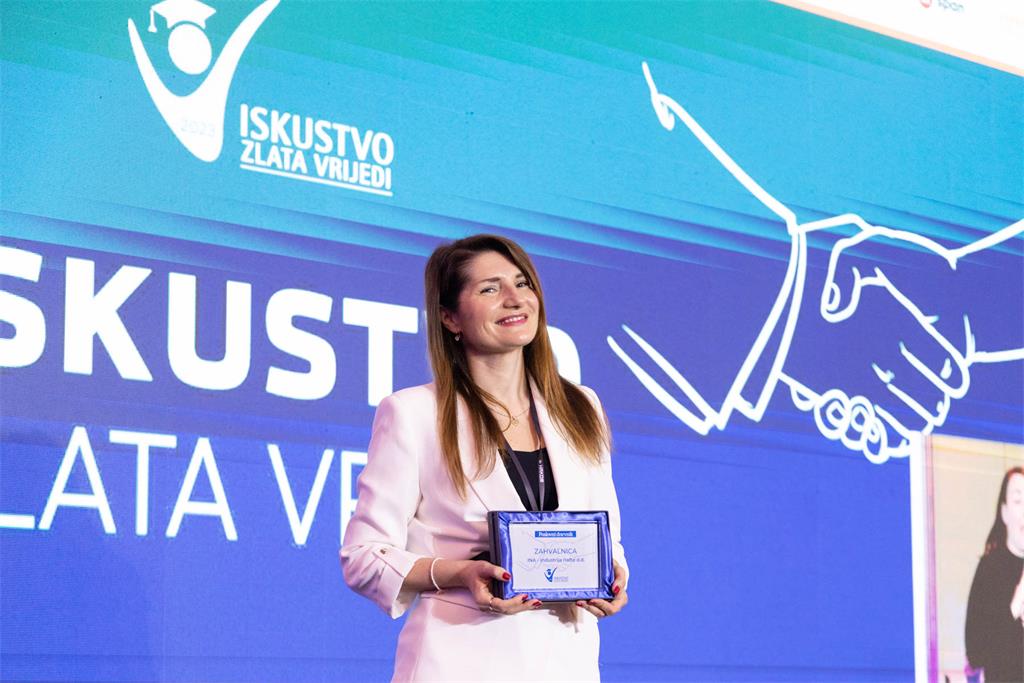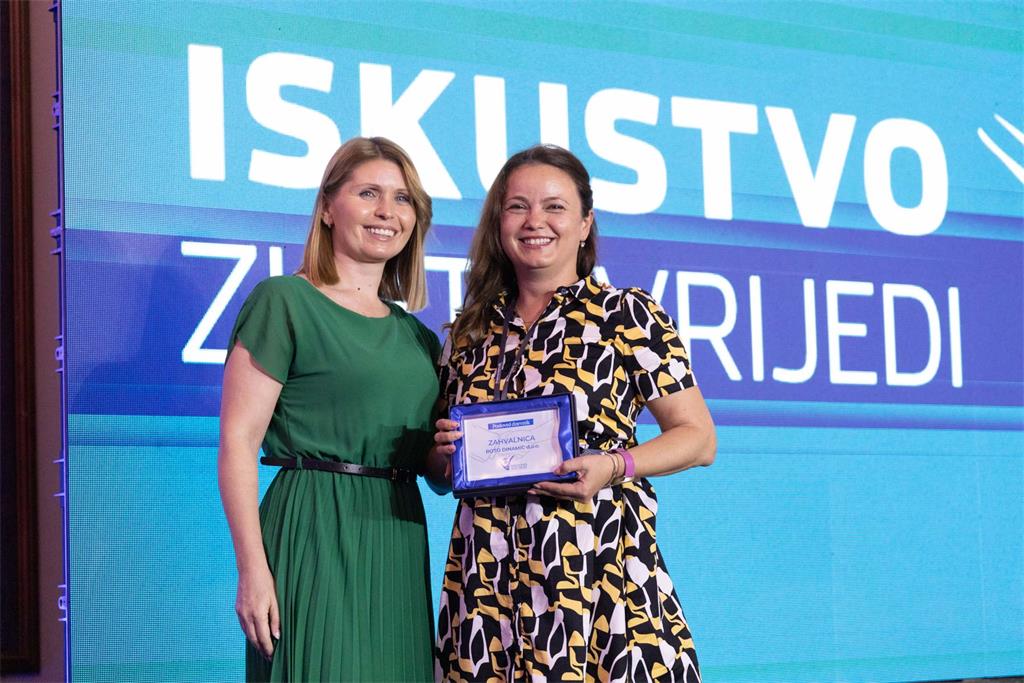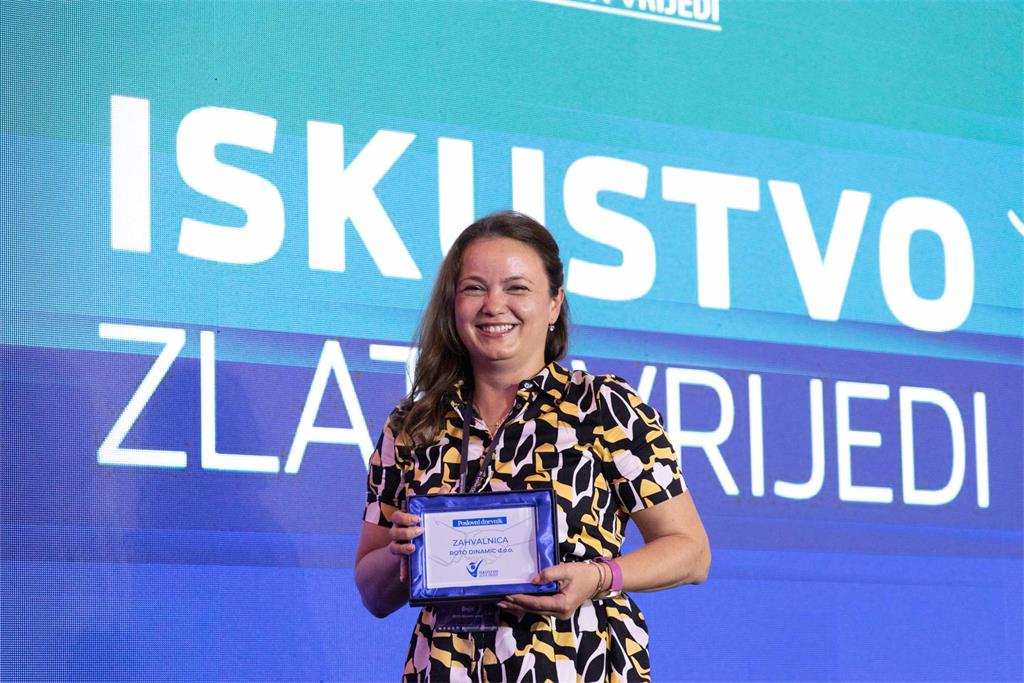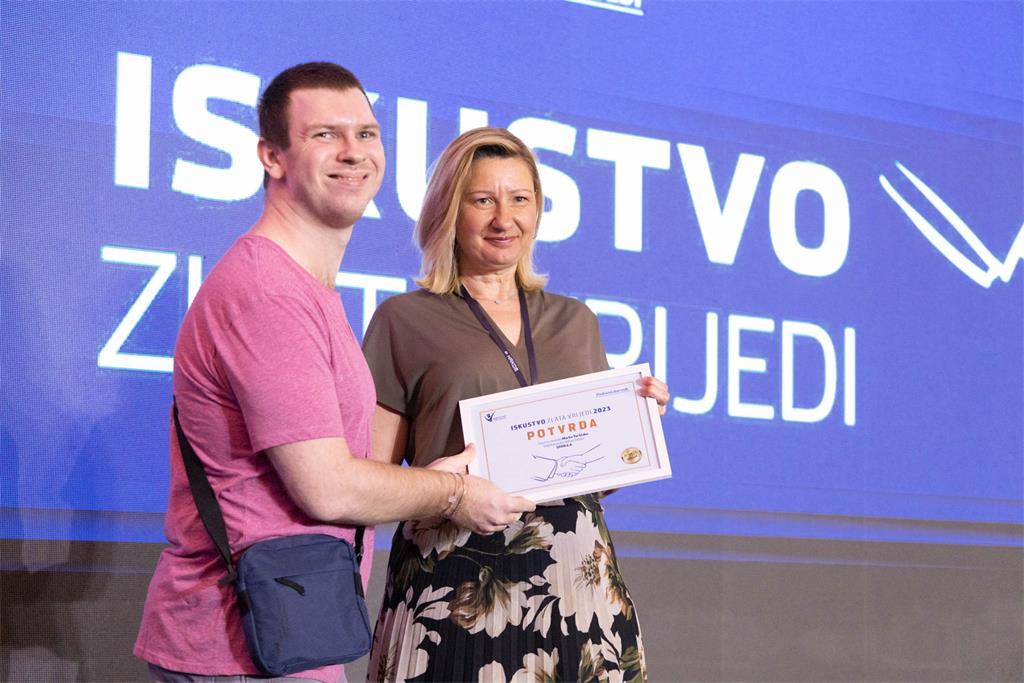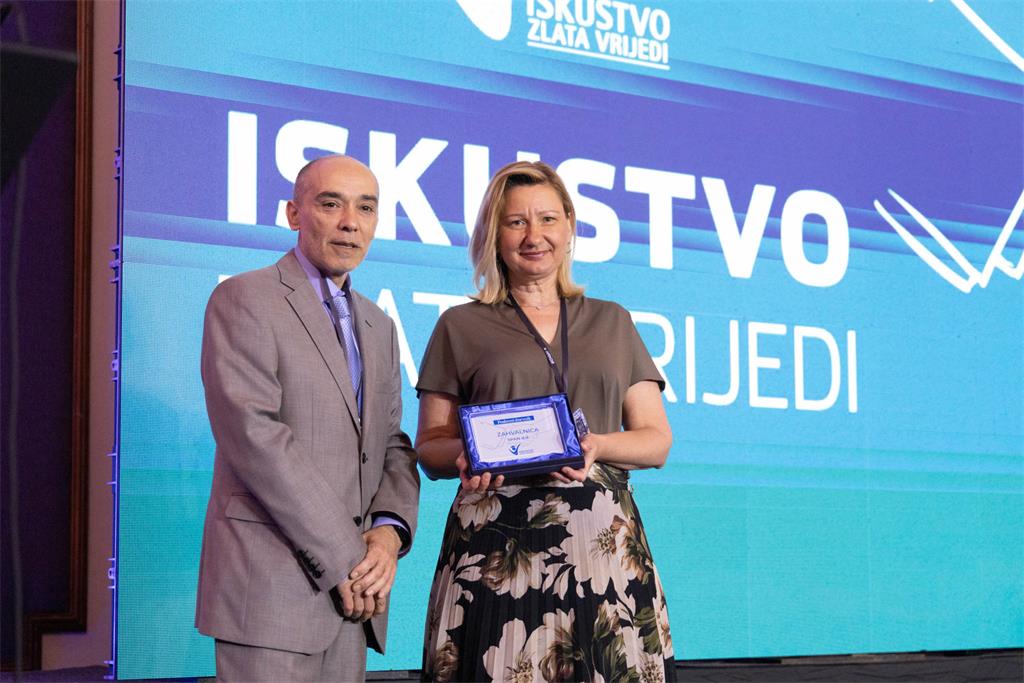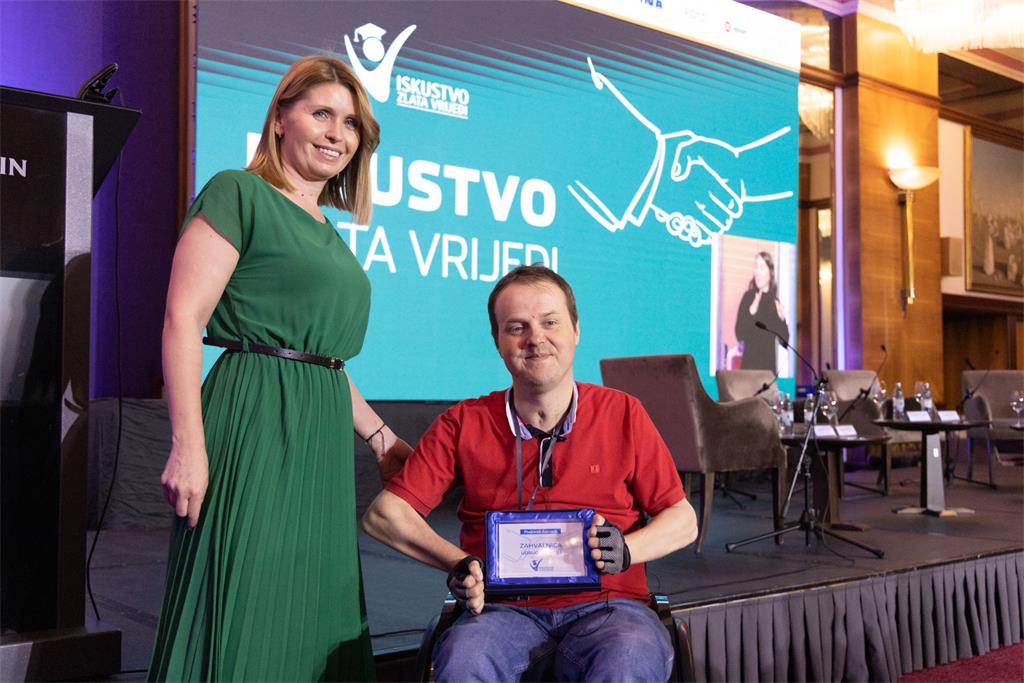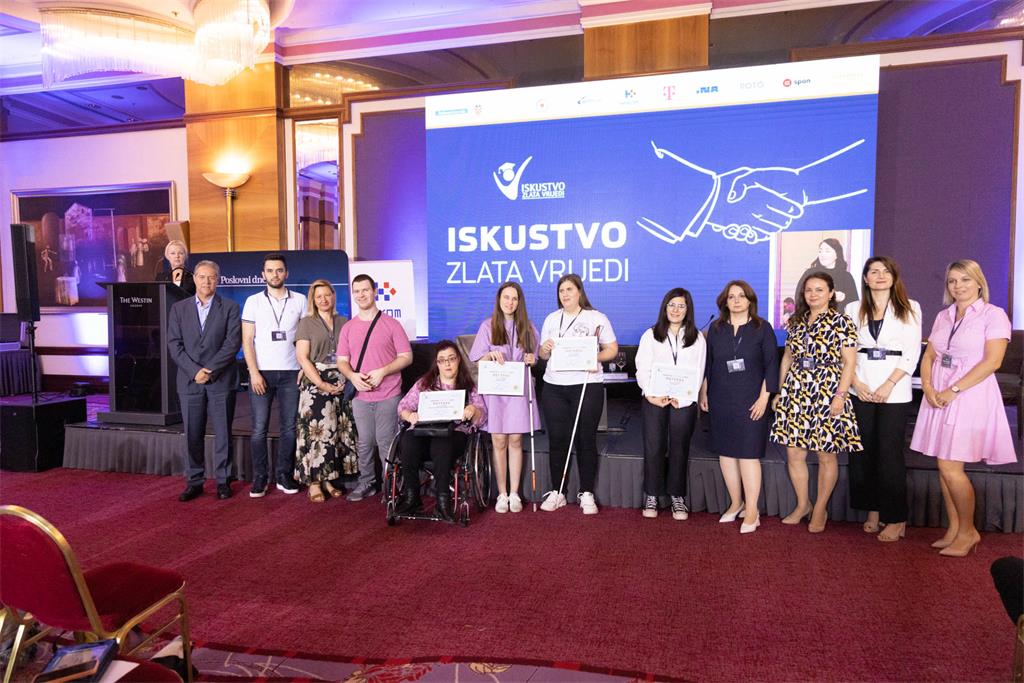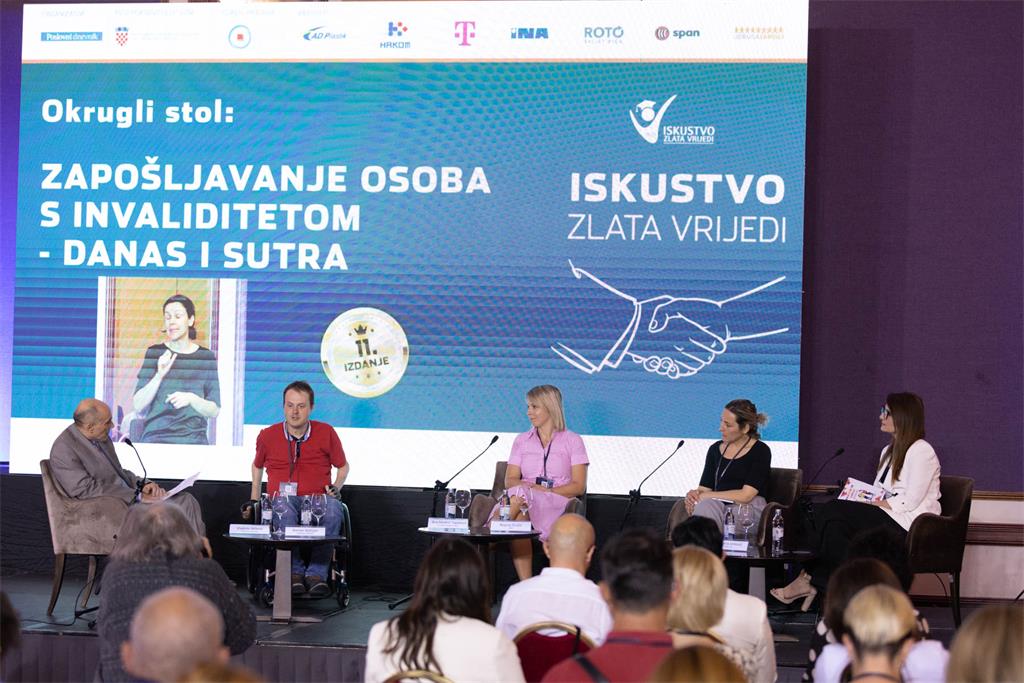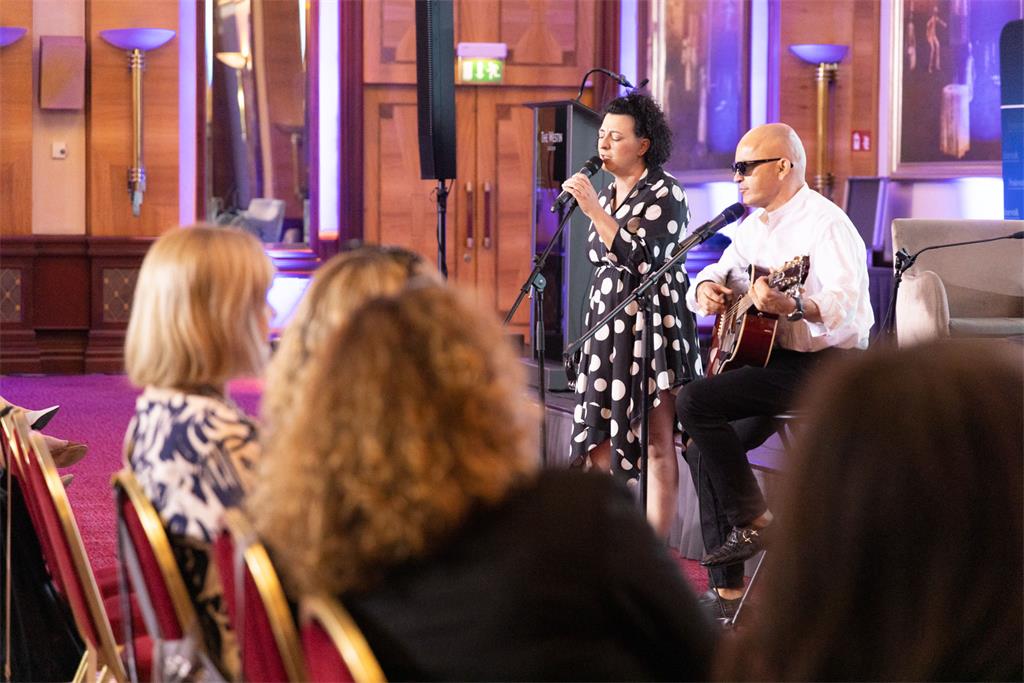New Application Solutions Presented at the Second International Conference “Accessible Future”
Zagreb, 14 June 2023 Following the invitation of the organiser the Croatian Regulatory Authority for Network Industries (HAKOM) and Poslovni dnevnik, the second international conference “Accessible Future” was held in Zagreb which brought together policy makers, regulators, industrial experts, media, technological experts and users – persons with disabilities, with the aim of conducting discussions on challenges and solutions for improving digital and physical accessibility. The aim of the conference and HAKOM as regulator of three important markets, electronic communications , postal and rail services, is not only to increase awareness of the need for digital and physical accessibility for all, but also to inspire and inform about the latest developments in this important area and to promote universal design as a solution to many challenges. Within the scope of this year’s conference, three thematic sessions were held, which discussed the role of regulatory bodies in the implementation of accessible electronic communications services, and exchanged experiences and plans between participants to make electronic communications services and rail passenger transport more accessible. In addition, the awarding of recognitions and certificates to companies and institutions and students selected for the placement within the project of the Poslovni dnevnik “Experience is worth Gold” for 2023.
The topic on accessibility in electronic communications will be the focus of the Croatian Presidency of BEREC
In his opening speech, President of the Council at HAKOM, Tonko Obuljen pointed out that HAKOM is chairing BEREC (the Body of European Regulators for Electronic Communications) next year and will strongly advocate that the topic of accessibility in electronic communications is one of the key topics of the Croatian presidency. It will be an opportunity for all of us to further contribute and influence the speed and direction that is moving in the scope of regulation of network activities at the European level, Obuljen said and expressed his satisfaction that the importance of the Conference was also recognised by numerous state bodies whose representatives participated in its work. He added that this year’s conference is being held in partnership with the Poslovni dnevnik because accessibility requirements cannot be achieved independently but only through coordinated synergistic action. We want to promote accessibility, so we are developing our affordable application solutions, and this year we have expanded the conference with rail services. he said.
Vladimir Nišević, editor-in-chief of Poslovni dnevnik, pointed out that 11 years ago, Poslovni dnecnik “got in the accessibility train” through the socially responsible project “The experience is worth Gold ”, traditionally connecting the students with disabilities to employers with the aim of enabling practical work. The project has so far provided more than 150 students in 40 companies and institutions, with practice and 20 students have been given the opportunity for permanent employment. We have achieved that people with disabilities are no longer perceived by employers as persons in the centre or port, but as equal employees, he said.
Darijo Jurišić, Deputy Ombudsman for Persons with Disabilities, stated that accessibility is one of the three topics for which people with disabilities are most often addressed to them. In Croatia, 16 % of the total population are persons with disabilities, and every sixth EU citizens face obstacles. The accessibility of information is important, it is a right that should be equally accessible to everyone, he stressed.
Margareta Mađerić State Secretary at the Ministry of Labour, Pension System, Family and Social Policy stated that it was very important that HAKOM recognised this topic and is committed to ensuring digital accessibility. The Ministry and the Government of the Republic of Croatia are focused on improving conditions and improving legal regulations and other strategic documents. We coordinate the drafting of the National Plan for 2021-2027, which is the most important strategic document for people with disabilities, which aims to define a number of objectives. One of these goals is the topic of today’s conference. Today at the parliamentary committees, and tomorrow at the parliamentary session, the Personal Assistance Act, which finally becomes a legal right, is financed from the budget and provides assistance to a person with disabilities, said Mađerić, who emphasised quality cooperation with associations in drafting laws and regulations, and announced the Draft Bill on Inclusive Supplement on which is intensively worked. Because of her commitment to the project “The experience is gold worth”, she was awarded a thank you letter from Poslovni dnevnik.l
An accessible environment, the role of regulators and cross-sectoral cooperation
The first session focused on the role of regulatory bodies in the implementation of accessible electronic communications services, and the discussion was attended by Gordana Kulišić (HAKOM), Dr. Cosmas Luckyson Zavazava from the Telecommunication Development Bureau (BDT , Amela Odobašić from the Communications Regulatory Agency of BiH and Indrė Jurgelionienė from the Communications Regulatory Agency of the Republic of Lithuania.
Gordana Kulišić spoke about the obligations of operators in the Republic of Croatia, in particular the provision of mandatory equipment to facilitate the use of services for persons with disabilities, HAKOM’s activities in this area and the regulations adopted by HAKOM. Dr. Cosmas Luckyson Zavazava from the ITU Telecommunications Development Office spoke about the importance of digital technologies and emphasised that the digital transition should cover millions of people. Accessibility must become the core of development in the world, and we need to turn to a digital future that offers us new help. Amela Odobašić praised HAKOM’s consistency in regulation, and as a rapporteur of the working group dealing with the issues of accessibility of ITU, she stated that, for example, BiH has not achieved much in this area, but Croatia, i.e. HAKOM, serves them as an example of which direction it is necessary to take. Decision makers find plenty of excuses why certain provisions cannot be implemented without taking into account the fact that persons with disabilities cannot wait. The application of the provisions is the most important, and regulatory bodies have to learn what are the needs faced by persons with disabilities and only then can work on the drafting of legal acts, she said. Governments and regulators have a key role and responsibility, and they will have a bigger role as they will have to report to the EC on the fulfilment of their obligations. Indrė Jurgelionienė presented Lithuania’s access to electronic communications, the regulatory body and accessibility conditions. The European Accessibility Act has recently been introduced into the national legislation of Lithuania and is part of their Law on Accessibility of Products and Services, which is something Croatia is yet to expect, so experience has been shared on this occasion. Only mandatory parts of the directive have been retained in Lithuania, and there are currently discussions with associations to see what will be expanded.
Cross-sectoral cooperation was the topic of the second session and discussed experiences and plans that can improve cooperation between research centres, academia and industry in the area of new accessibility technologies. As part of the session, presentations of the Faculty of Electrical Engineering and Computing and the Faculty of Transport and Traffic Sciences from the University of Zagreb were held, as well as a panel discussion with representatives of associations for persons with disabilities in which the accessibility of train travel was discussed. Lecture on “Examples of software innovations that facilitate accessibility in rail passenger transport” was given by prof. dr. sc. Željka Car, from Zagreb’s FER, presented application solutions that have been developed that make life easier for people with disabilities when purchasing tickets and train rides. Accessible solutions make life easier for everyone, not just for people with disabilities. Katarina Mišura, a FER student, presented a prototype application based on position markers. The goal of the application is to provide the user with information via mobile device about the location, and navigation is implemented, so that the user can navigate and reach the destination. Vibration and text services are also implemented. It’s a universal design that benefits everyone. Digital technologies are a powerful tool and such solutions can increase accessibility. There is a need for a lot of research into the potential of technologies and always involve people with disabilities in development in order to activate all functionalities, because people with disabilities have a better insight into their needs.
“Assistive technologies for an accessible transport environment” was the topic of the presentation by prof. dr. sc. Marko Periša from the Faculty of Transport and Traffic Sciences of the University of Zagreb, who presented the organisation of the Faculty and the Institute of Information and Communication Transport. As the head of the Laboratory for Assistive Technologies, he emphasised that their goal is to align the user’s wishes with the real situation and to raise the level of quality of life for all groups of persons with disabilities. Research of networks and systems and implementation of services is what they deal with as well as researching the needs of users. At the beginning, they noticed the gap and non-acceptance of what technology provides them, and over time the consciousness of users changed a lot, he pointed out. Also, projects in which the faculty is involved were presented, such as the smart intersection in Zagreb and the study of the implementation of the rail passenger information system, as well as the prototype of the smart bracelet.
Experiences of persons with disabilities in rail transport
Josip Koštan (CeDePe Zagreb), Dijana Vincek (Croatian Association of the Deaf and hard of hearing), Marija Livajušić (UP2DATE Centre), Bruno Tot (Croatian Association of the Blind), Suzana Kulišić (Association of the Disabled Workers of Zagreb), Tatjana Varga (Spinal Injury Zagreb) and Denis Marijon (SUMSI Assosiation ) shared their experiences in the panel discussion on the experiences of persons with disabilities when using rail services.
Shortcomings include examples of driving with a lack of lift ramp, problems with disembarkation at other stations, insufficient training of employees and poor communication. A new low-floor train was highlighted as a positive example, and the existence of toilets and new possibilities introduced in adapted wagons were highlighted as an advantage of the train. The panel participants presented their ideal train journey as they imagined it, without being limited by the many barriers that stand in their way. There are everyday problems.:announcements at stations are quiet, trains do not always stop in the same place, platforms are often quite distant, close too quickly and open doors. Positive changes are happening, and continuous education is very important, especially those who are employed in institutions that work with persons with disabilities. The ideal situation is that a person can independently come to the station, buy a ticket, get to the platform and get on the train, find a toilet and know which station they came to.
The experience is gold worth
Within the scope of the conference, this year’s closing ceremony of the socially responsible project “Experience is Gold worth” of Poslovni dnevnik was held, and it was an opportunity to introduce students to employers, as well as to give recognition to those who participated in the project.
The main goal of the project is to raise awareness within the business community and society as a whole about the problem of employment and equal social inclusion in everyday life of young people with disabilities and poorer property status. In this way, people in unequal starting positions are meant to facilitate inclusion and equal participation in the labour market. The participation of state institutions and the enviable number of partner companies shows the strength and importance of the project itself. The right to work is one of the fundamental human rights, and the goal of the Poslovni dnevnik is to break stereotypes and prejudices that are unfortunately still represented in our society. The film “Hidden buds of a better society”, was shown at the Conference, dealing with the difficulties that people with disabilities when hiring.
During the award ceremony, Vladimir Nišević said that great progress had been made in hiring. At first it was hard, and now it’s much easier. This project has a special weight and has produced exceptional stories from which one can learn a lot. “Consciousness is changing, various parts of society are trying to make things better,” he said. Jasenka Sušec, Assistant Director for Professional Rehabilitation ZOSI, who was also awarded said that the Institute for Expertise and Professional Rehabilitation had been participating in this project since 2015. Promoting awareness of the abilities and contribution to the labour market inclusion of persons with disabilities plays a major role, and this project aims to do just that. Multiple objectives are achieved; gaining experience in the profession, developing knowledge and skills, but also competitiveness, and employers are provided with quality employees. We believe that we are a step closer to achieving the goal of equal inclusion of persons with disabilities in the labour market.
This year in renowned Croatian companies, students were given the opportunity to do an internship, and a thank you note for participation was taken over by representatives of AD Plastik, HAKOM, Hrvatski Telekom, INA, Roto Dinamica and Span where six students will gain valuable practical experience. The letter of thanks was also presented to Roman Baštijan from the association “Imagine” which participated in the project from the very beginning. At the very end of the conference, a panel discussion “Employment of persons with disabilities – today and tomorrow” was held, and representatives of companies that will participate in the project as employers this year participated in the discussion. People with disabilities are more educated today, the situation is never ideal, there is a lot of room for progress, but today it is much easier to study. For example, there are about 100 people with disabilities working in INA today, and there are positive experiences with their knowledge and skills acquired during education. Faculties and employers need to network even more and be in dialogue, and competences should be at the forefront, however, it has also been pointed out that there are still few people with disabilities applying for competitions.
For additional information please contact:
Croatian Regulatory Authority for Network Industries (HAKOM)
- Roberta Frangeša-Mihanovića 9 Street
- 10110 Zagreb, Croatia
- Tel. + 385 (0) 1 700 70 07
- Fax + 385 (0)1 700 70 70
Media inquiries can be submitted online using HAKOM’s official website: www.hakom.hr
About Hakom
HAKOM - Croatian Regulatory Authority for Network Industries – ensures preconditions for a fair market competition, stable growth and environment for innovations in the electronic communications and postal services market. HAKOM protects users’ interests and the possibility of choice among various communications and postal services at affordable prices, defines sustainable competitive conditions for operators and service providers under fair conditions for return on investment, and provides support to economic growth, public services and the quality of life in the Republic of Croatia by using modern technologies. HAKOM’ strategic goals are: to promote regulation of the electronic communications and postal services market, to support growth of investments and innovations in the electronic communications and postal services market, to provide efficient use of limited resources, to accelerate the growth of broadband products and services, to provide affordable offers of communications and postal services, to provide protection and informing of users, to build an efficient and comprehensive information system, to define and implement efficient processes, and to acquire multi-disciplinary expertise in market regulation.

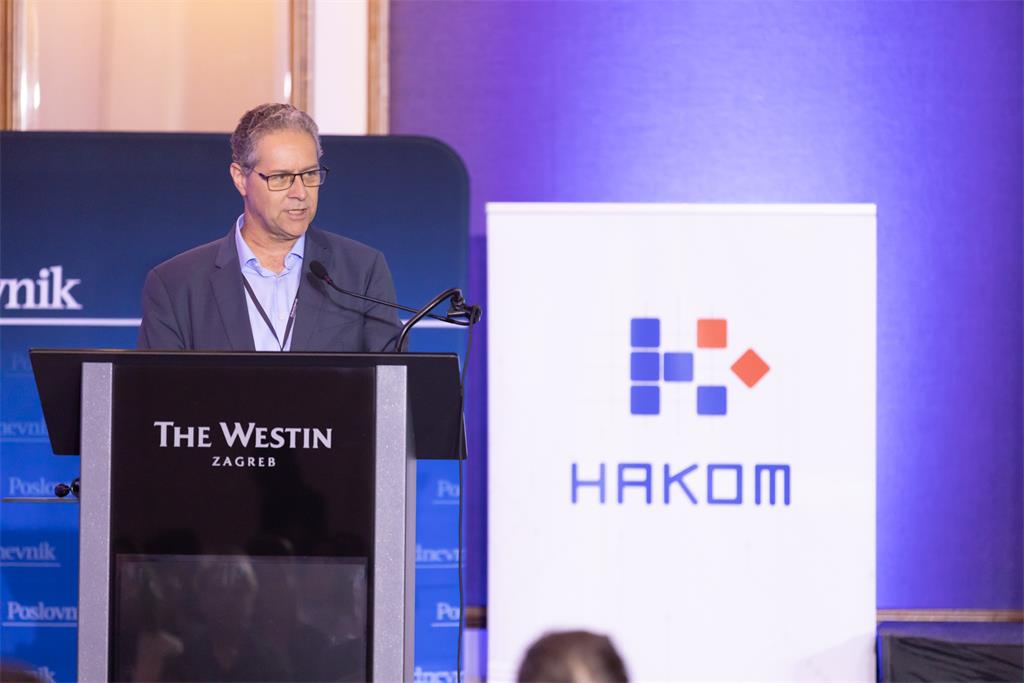
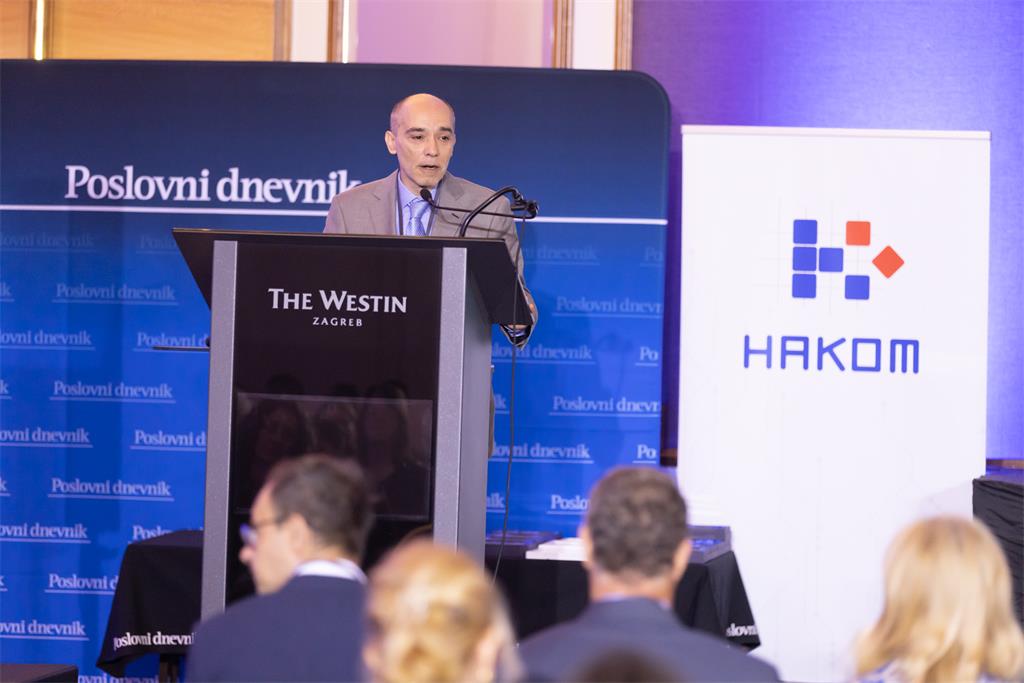
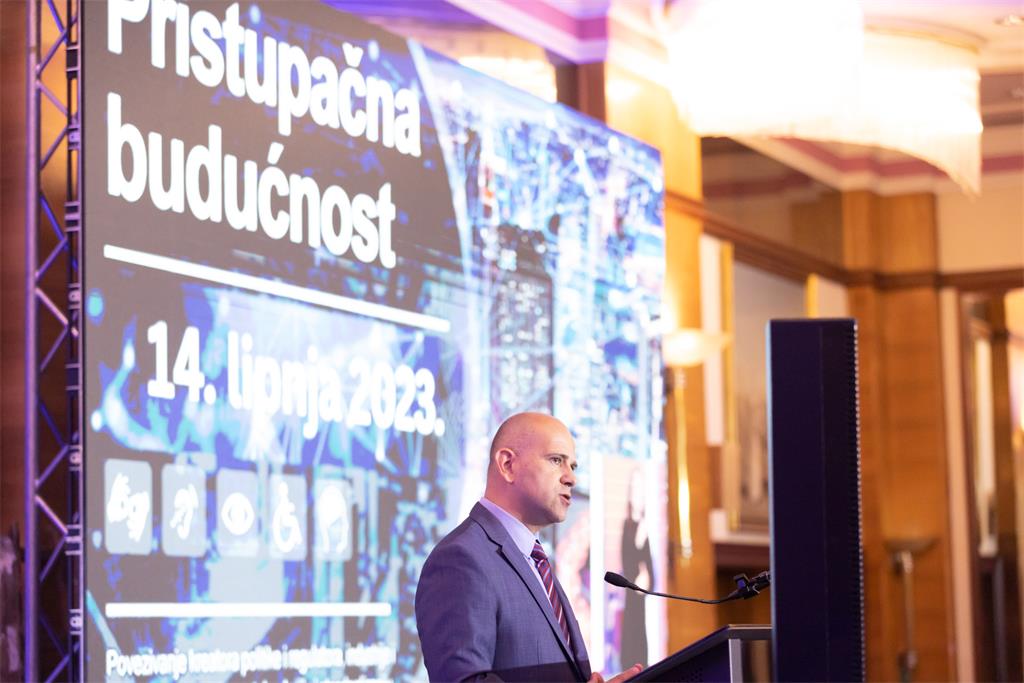
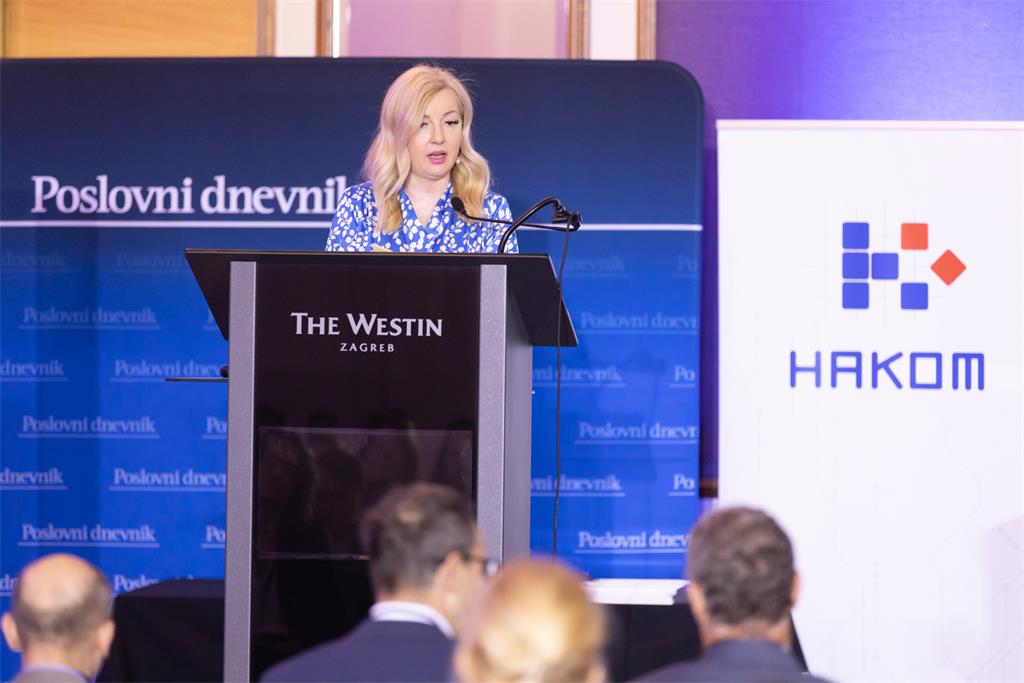
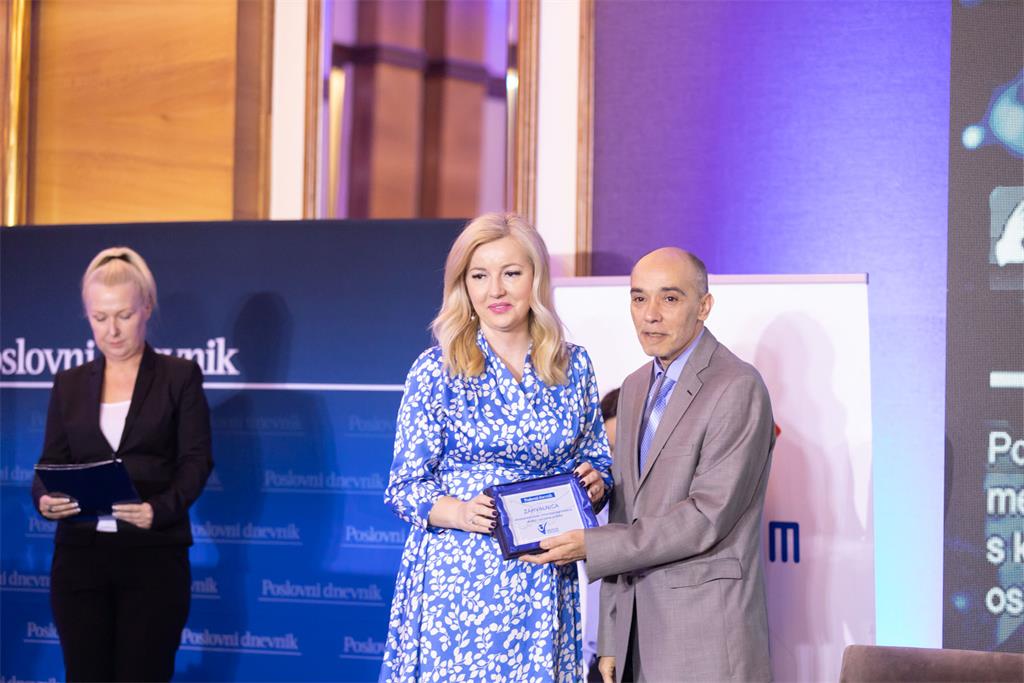
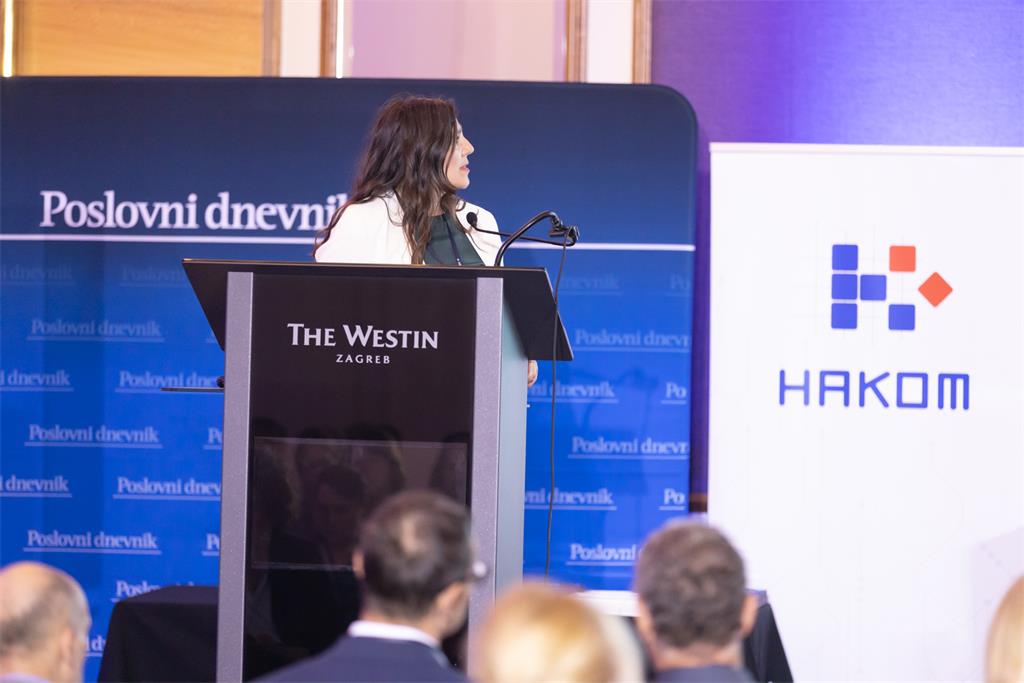
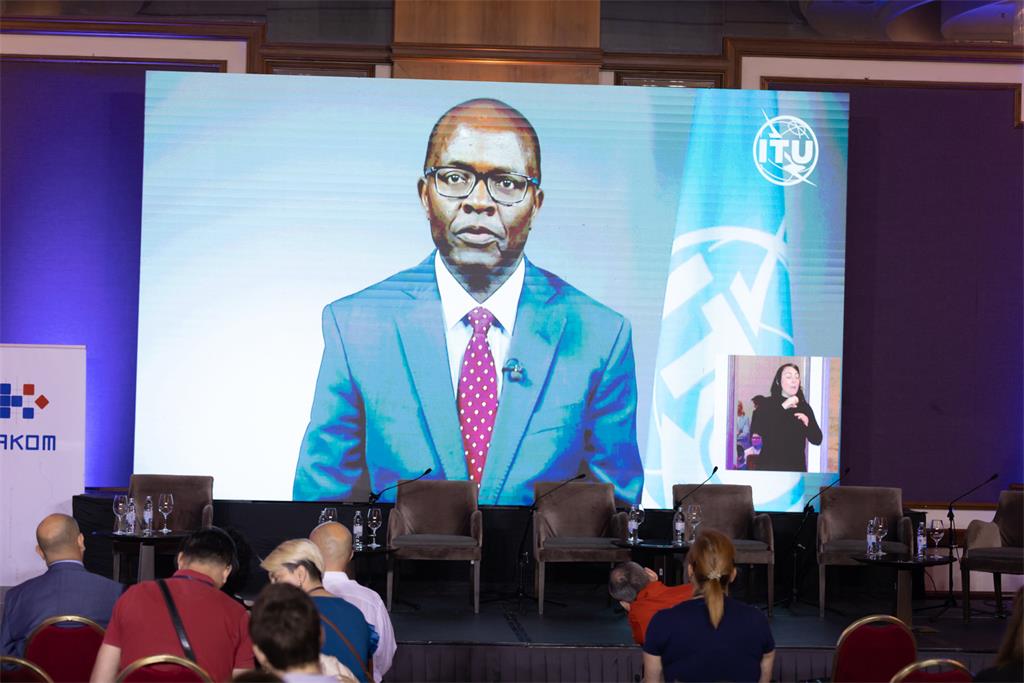
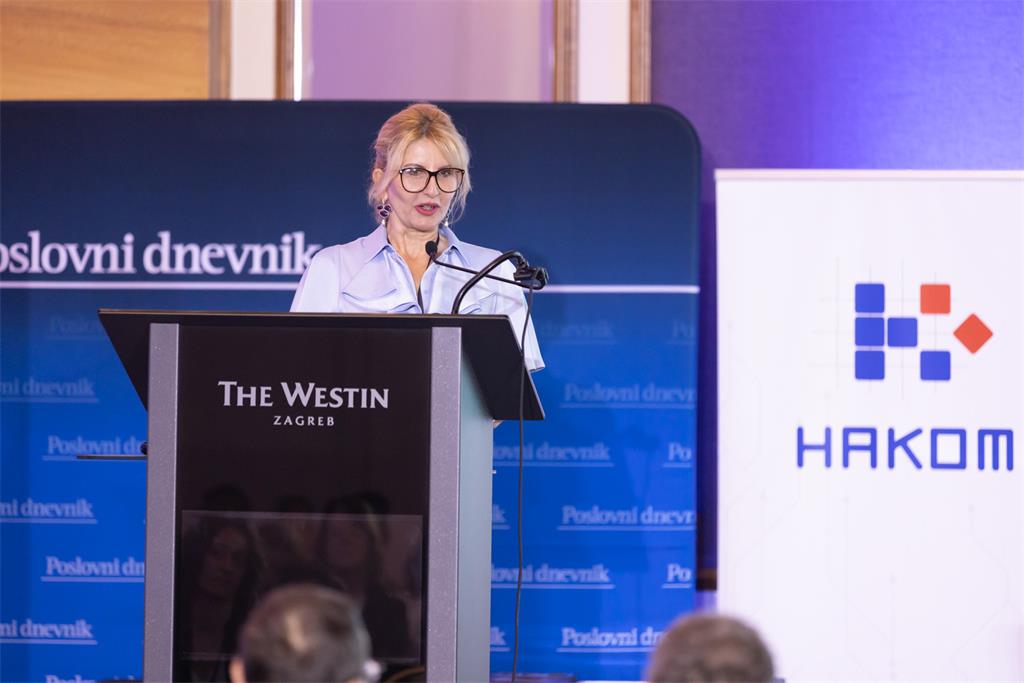
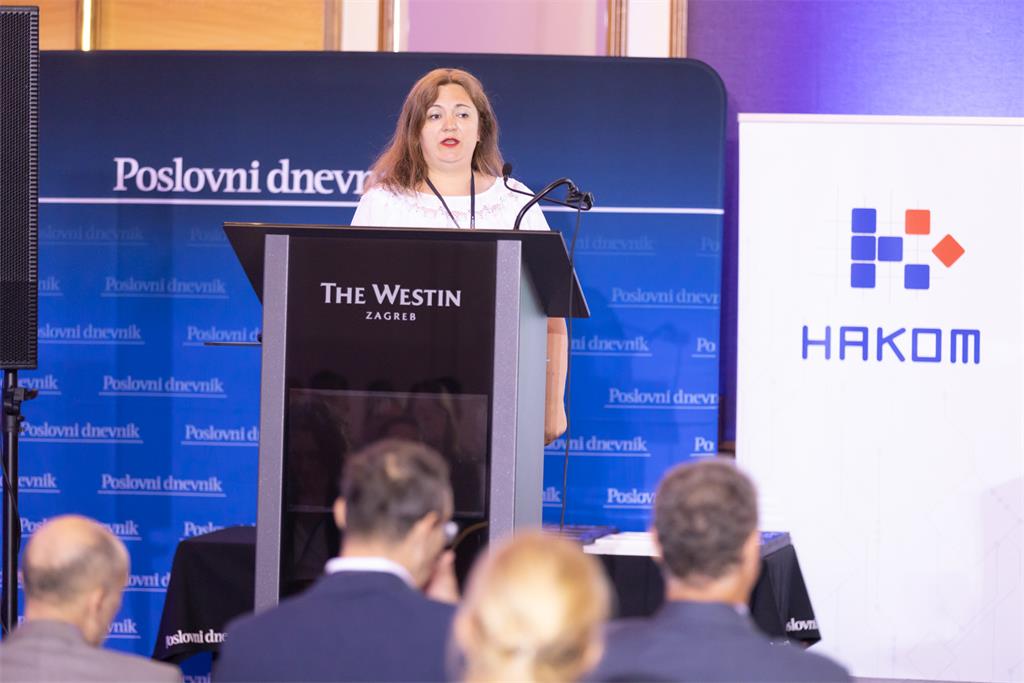
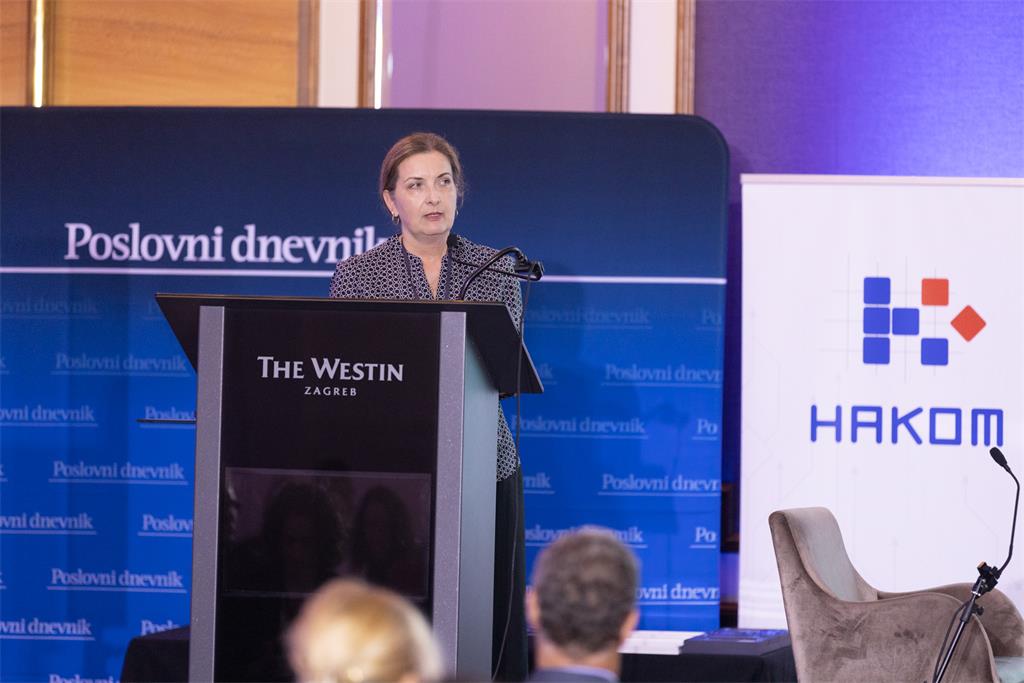
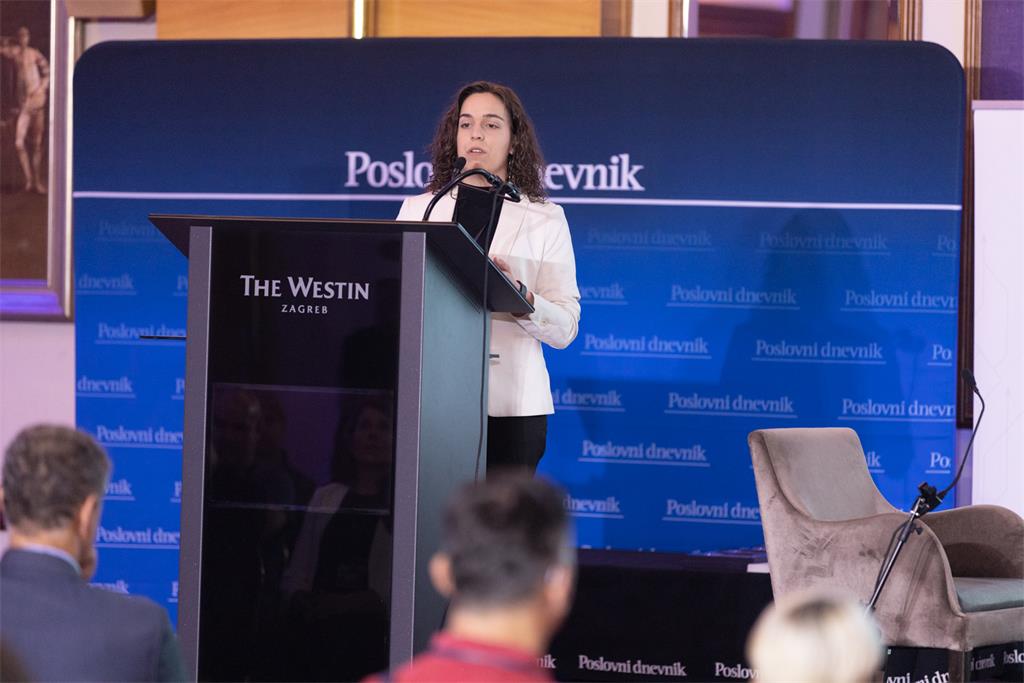
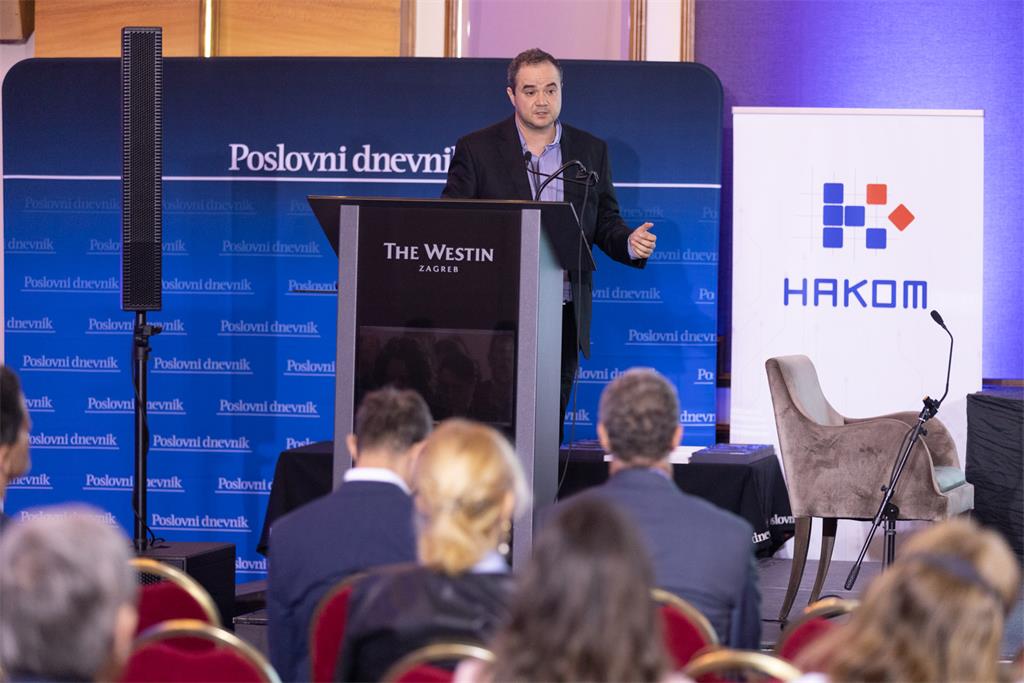
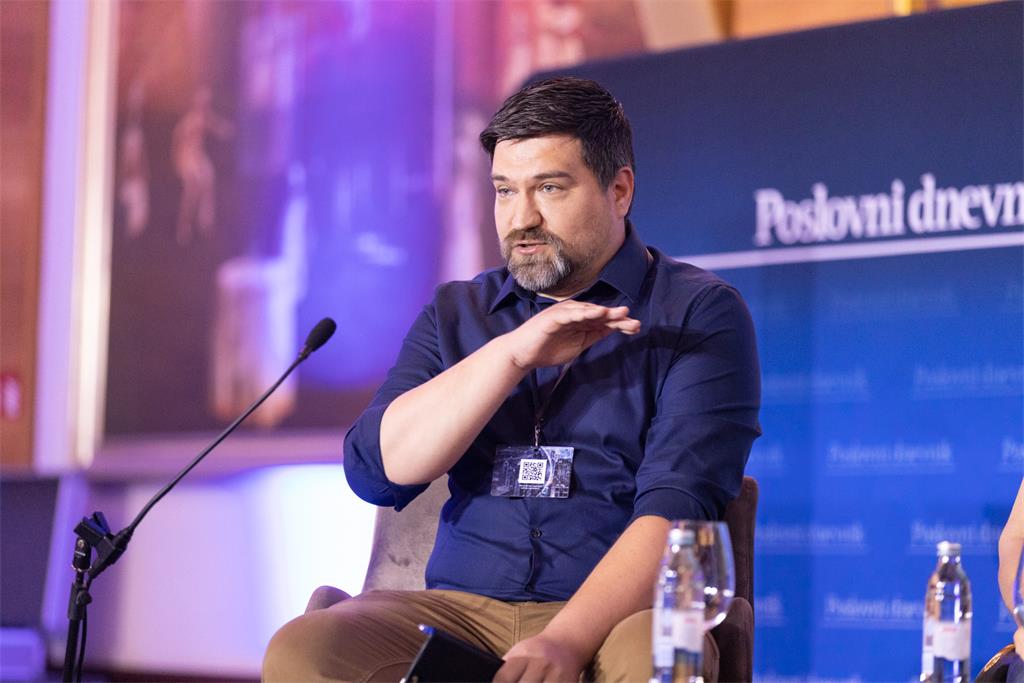
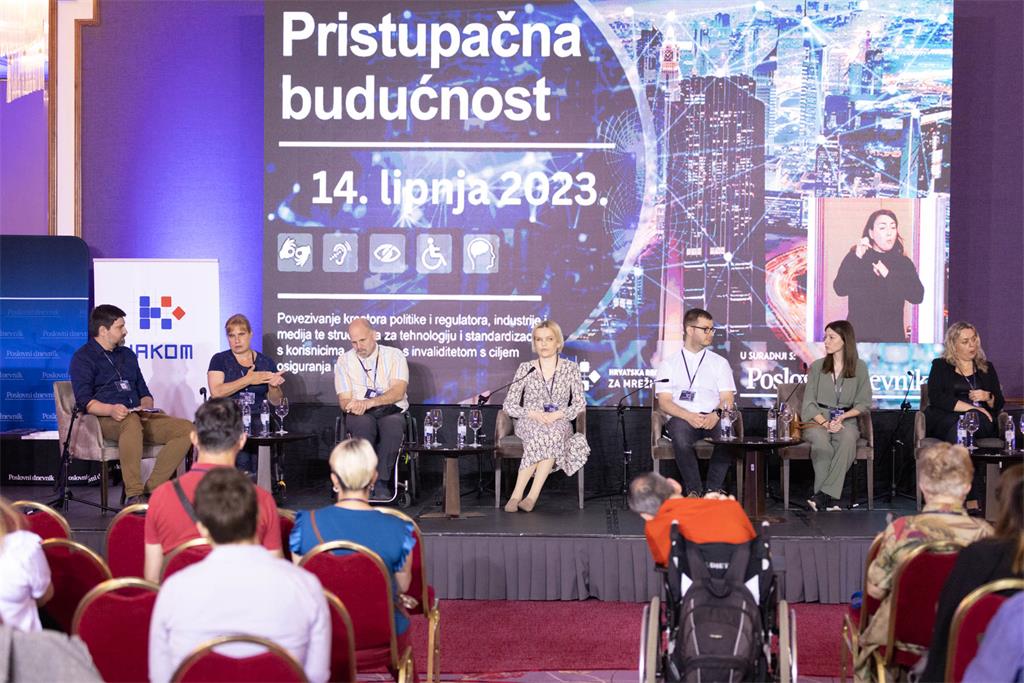
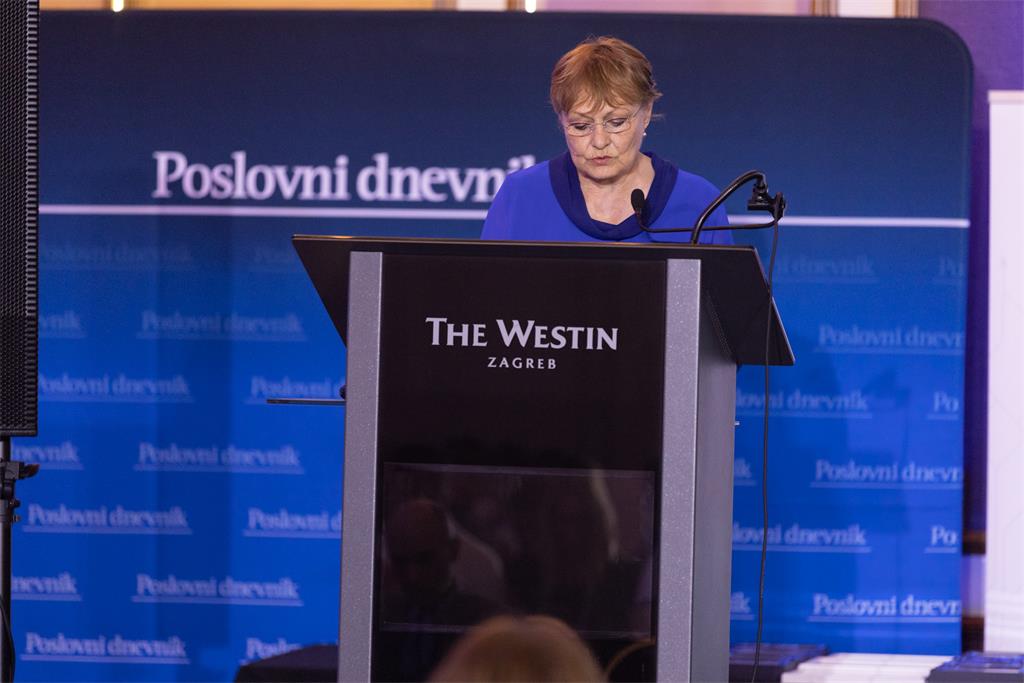
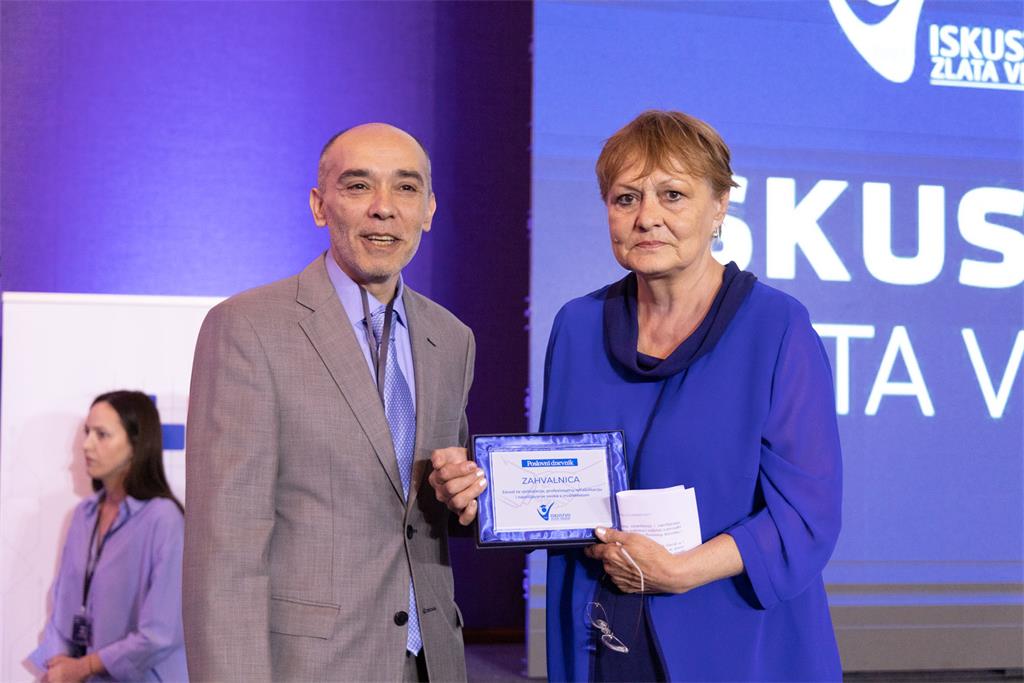
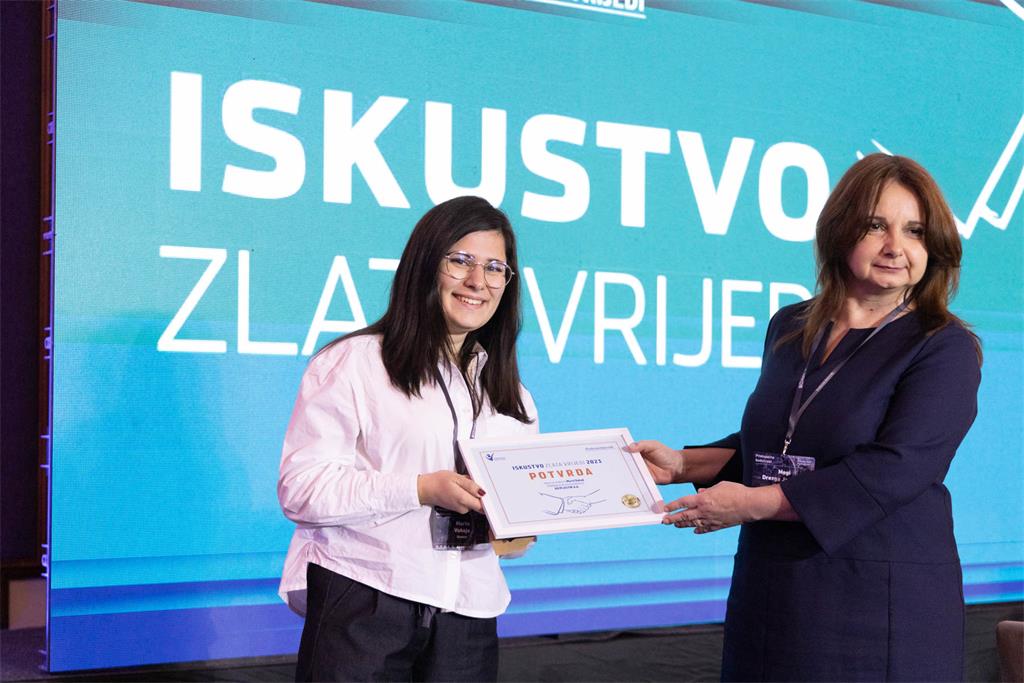
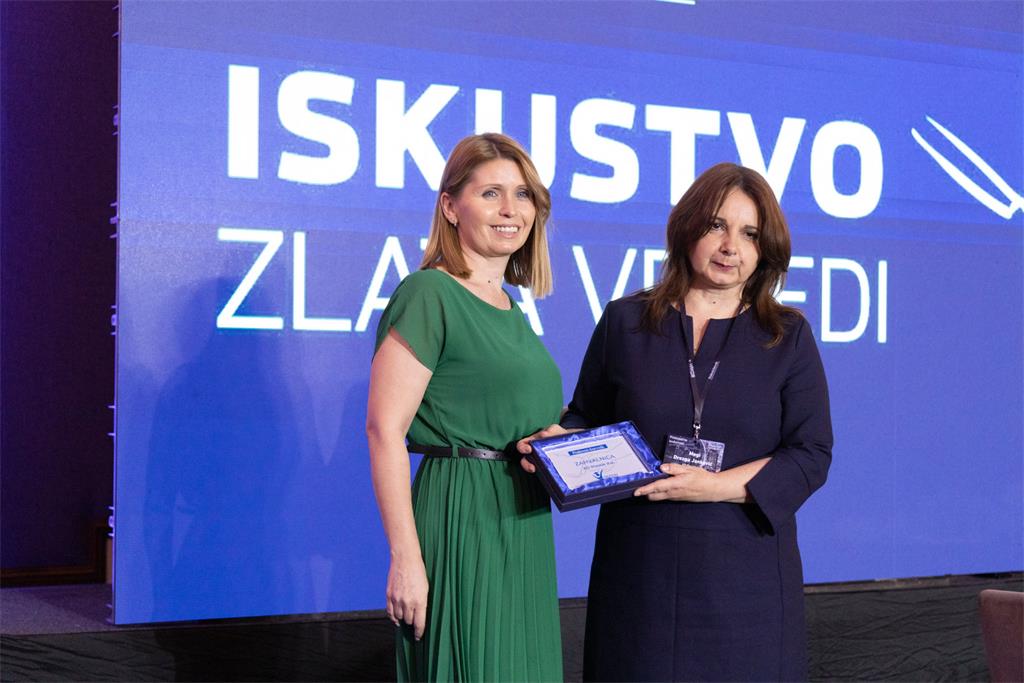
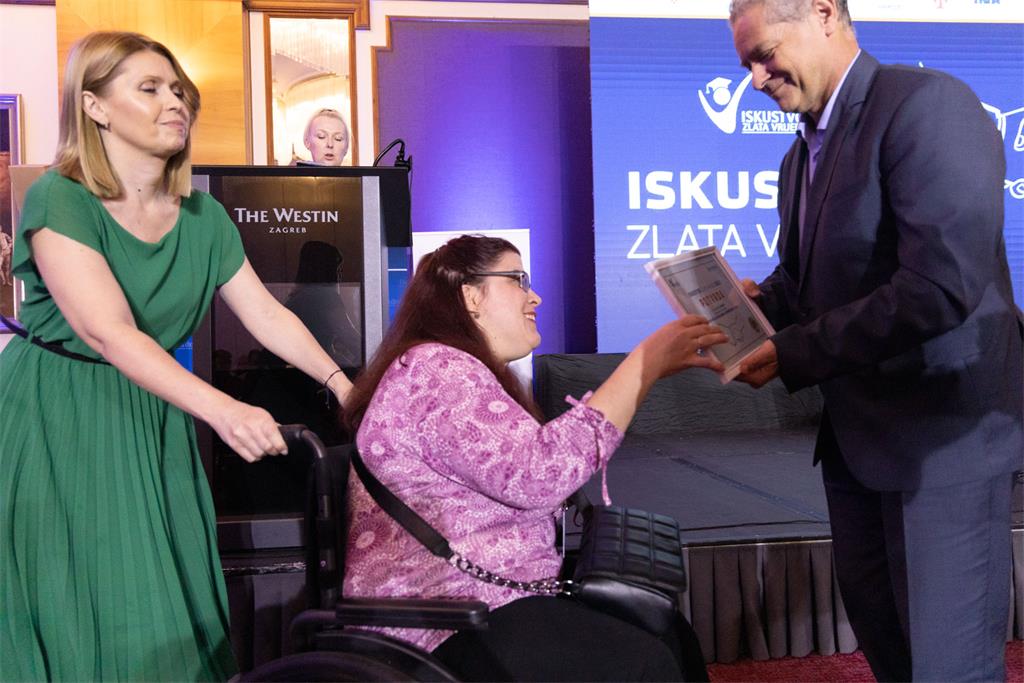
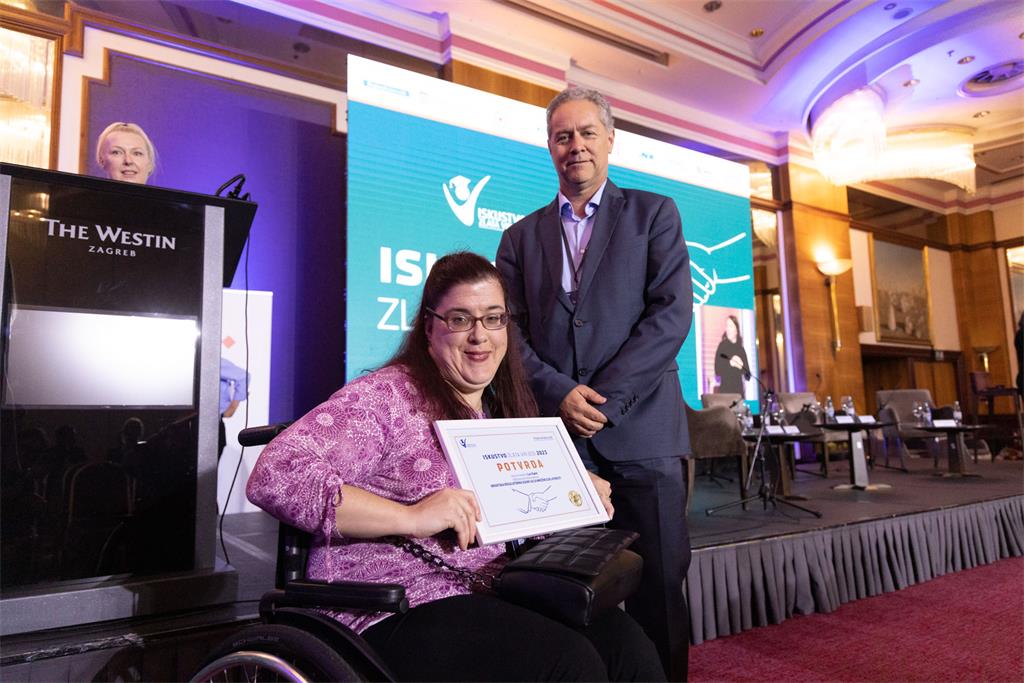
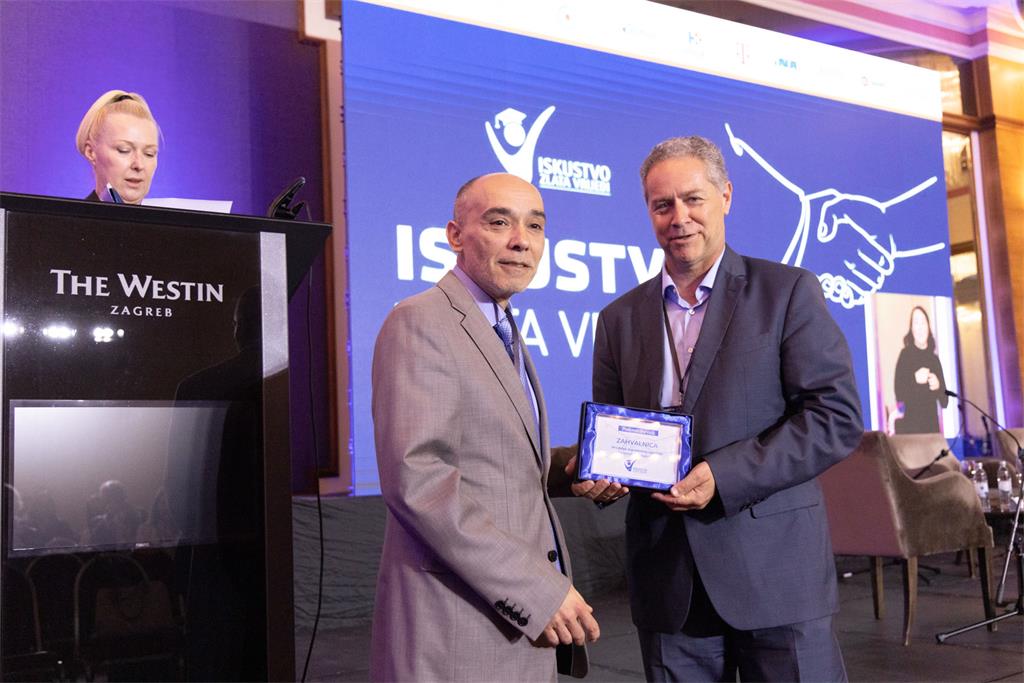
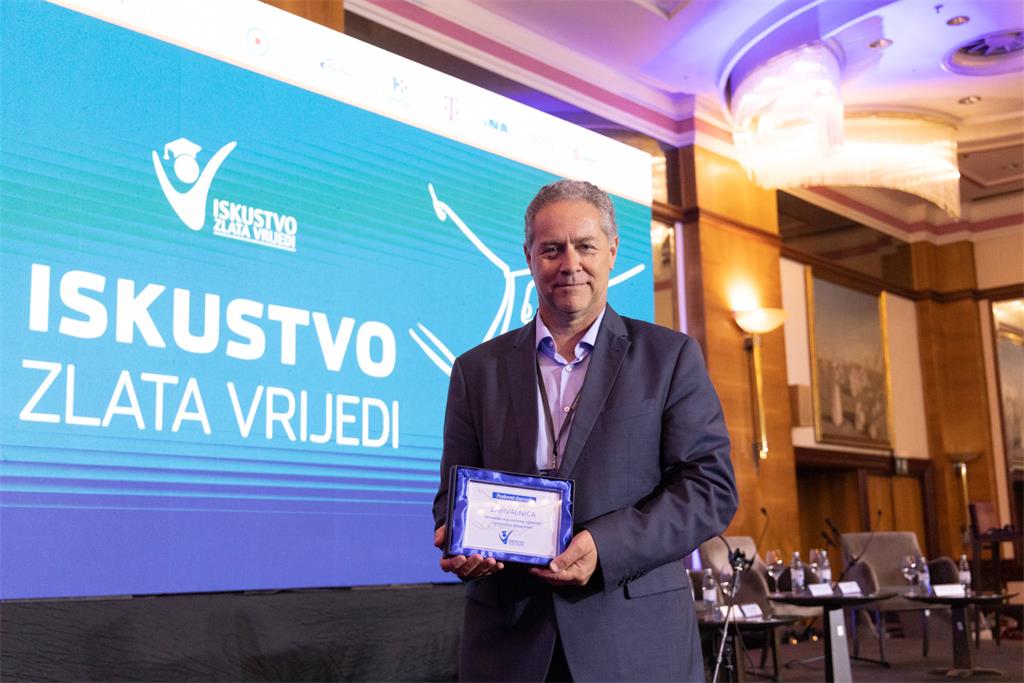
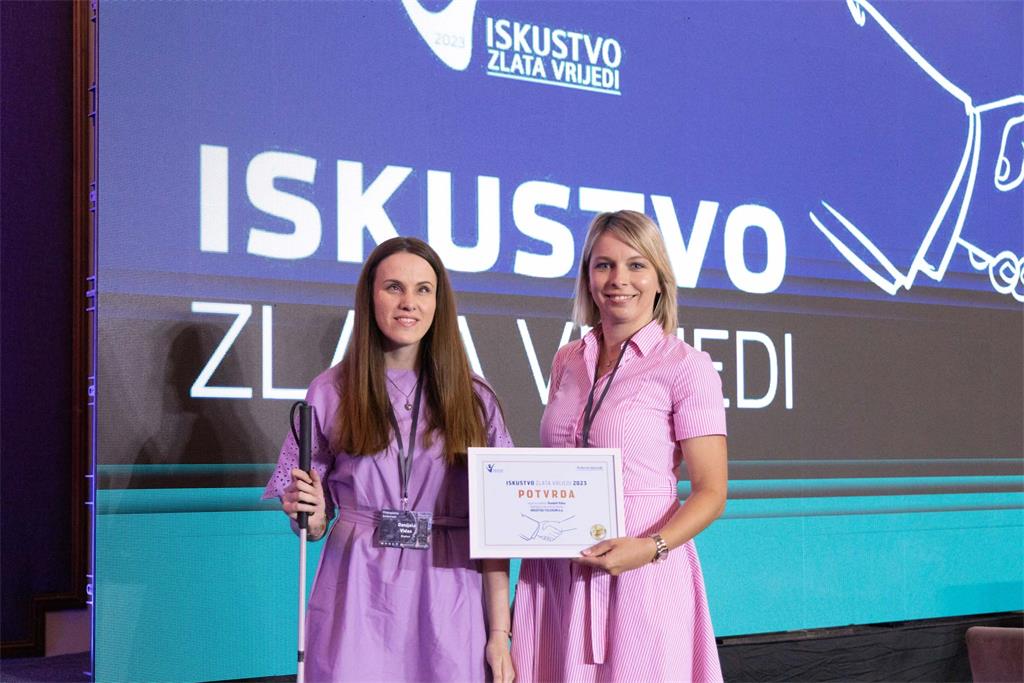
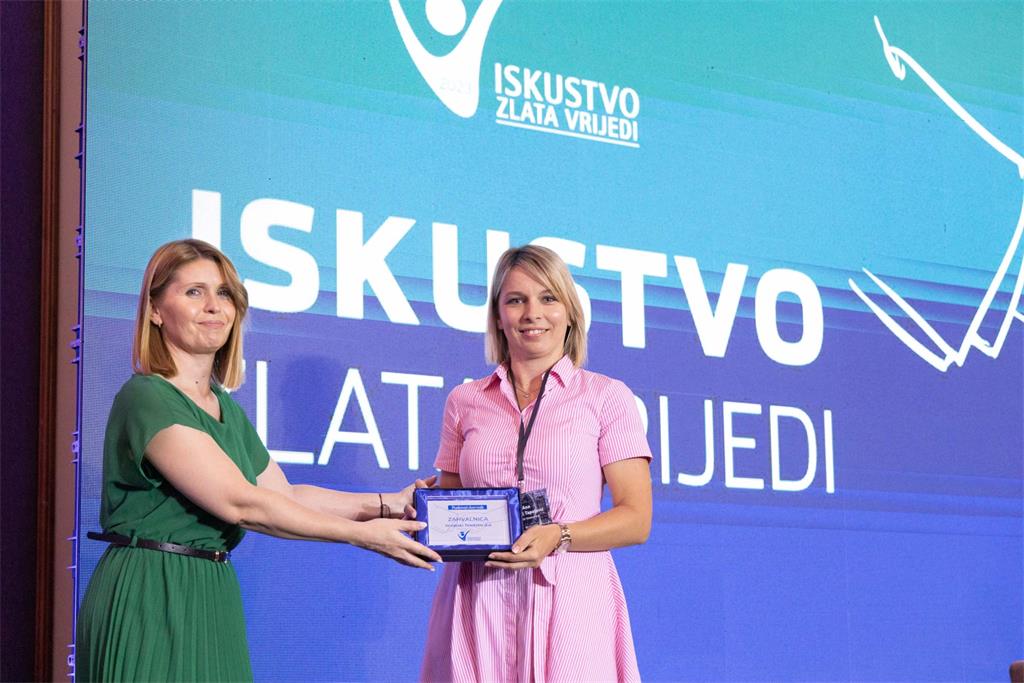
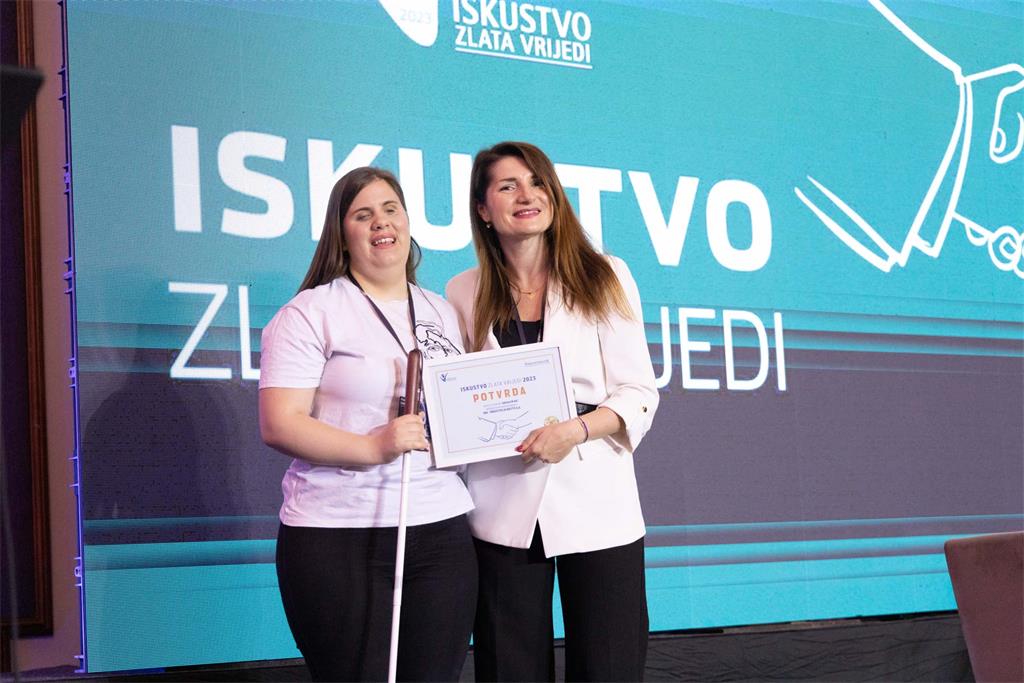
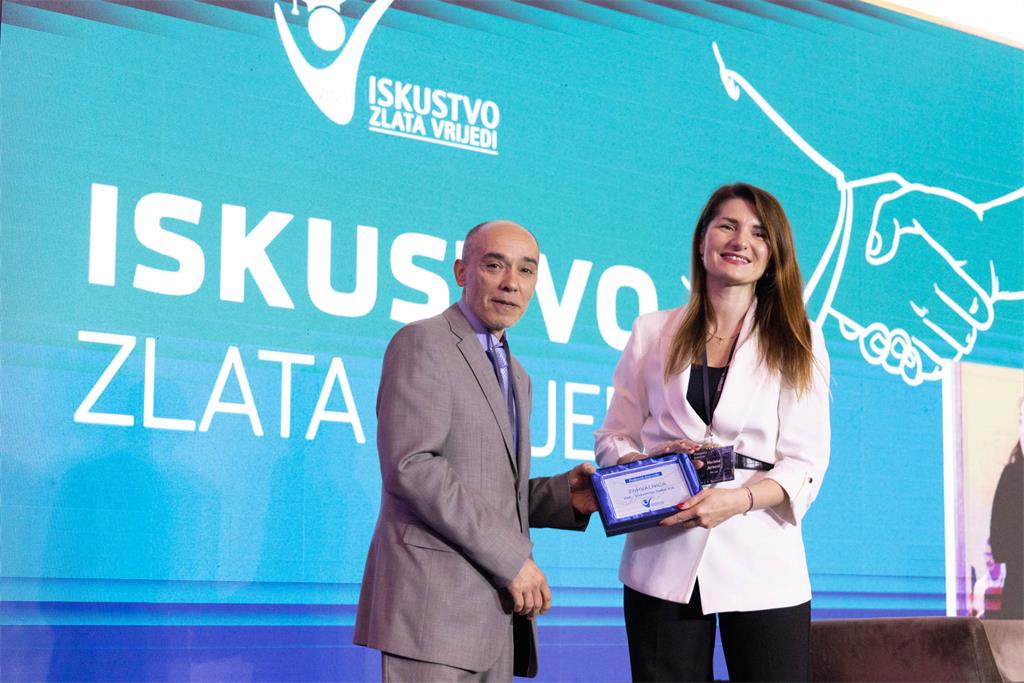
.jpg)
